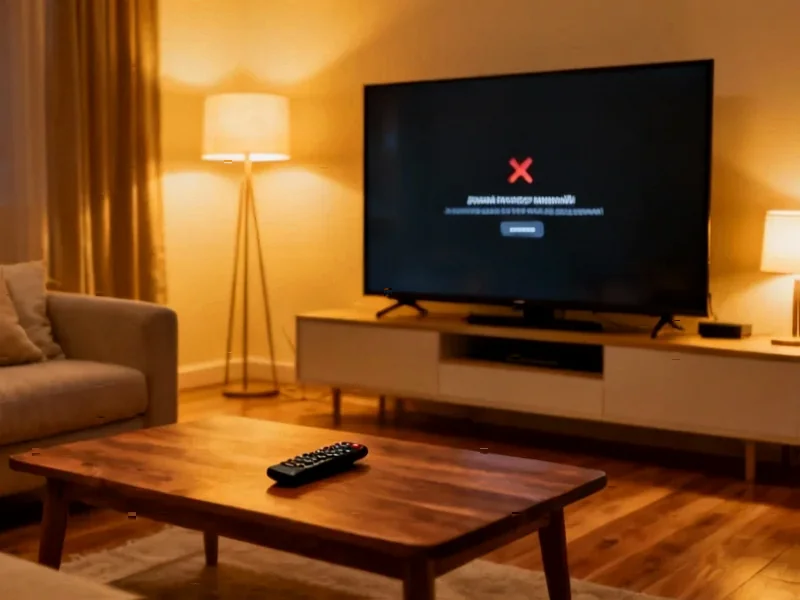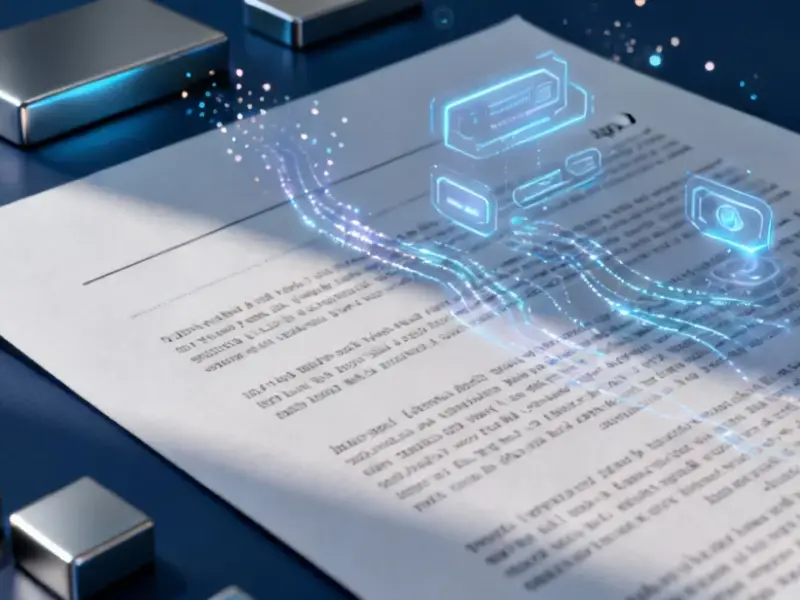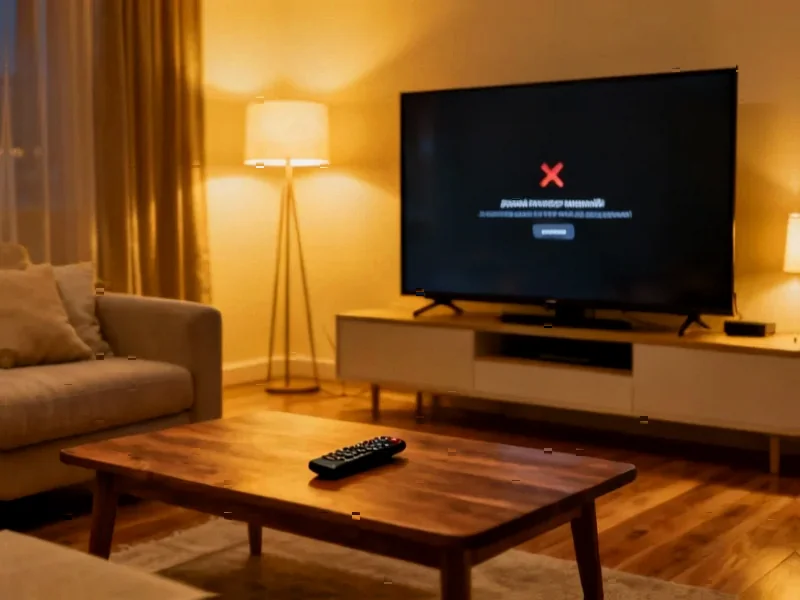According to Business Insider, Disney channels including ESPN and ABC have been blacked out on YouTube TV since October 31 after the companies failed to reach a new licensing deal. Disney faces losing 15% of its subscriber base across ESPN and ABC, which analyst Rich Greenfield calls “financially really painful.” Meanwhile, Google parent Alphabet’s $3 trillion market cap dwarfs Disney’s $200 billion valuation. Download data shows Fubo TV saw an 88% increase in downloads since the blackout, Hulu increased 33%, and even YouTube TV downloads rose 25%. Both companies have offered concessions, with YouTube TV giving subscribers $20 credits if the outage continues.
The Real Pain Points
Here’s the thing: this fight hurts Disney way more than it hurts Google. Think about it – Google’s core business is search, AI, and cloud computing. YouTube TV is basically a side project for them. But for Disney? ESPN and ABC represent massive chunks of their traditional media business. Losing 15% of your subscriber base overnight isn’t just inconvenient – it’s potentially catastrophic for their streaming strategy.
And yet, Disney isn’t completely helpless. They own 70% of Fubo and have Hulu + Live TV as alternatives. That 88% spike in Fubo downloads? That’s Disney’s leverage right there. They’re basically proving they can route around YouTube TV if they have to.
Google’s Surprisingly Weak Hand
You’d think the $3 trillion company would have all the power, right? Wrong. When it comes to live TV, Google needs Disney more than Disney needs Google. No ESPN means YouTube TV loses its biggest sports draw. And sports are basically the only reason most people still pay for live TV bundles.
Google has been talking big about winning the living room, but losing ESPN could seriously damage those ambitions. They’re the number four pay-TV service in the US – can they afford to lose their most valuable content? Probably not. That $20 credit they’re offering subscribers? That’s basically an admission that they know how bad this looks.
The Bigger Streaming Picture
What’s really interesting here is how this reflects the broader shift in streaming. Disney just launched their standalone ESPN streaming service. They’re clearly preparing for a future where they don’t need middlemen like YouTube TV. And Google? They’re trying to build a bundle while everyone else is unbundling.
Basically, we’re watching two companies heading in opposite directions collide. Disney wants to go direct-to-consumer, while Google wants to be the new cable company. The question is: which strategy will consumers actually prefer long-term?
The Inevitable Resolution
Let’s be real – this will probably get settled. Both companies have too much to lose from a prolonged blackout. Disney can’t afford to bleed subscribers, and Google can’t build a credible TV service without ESPN. The path of least resistance, as one analyst put it, is to just make a deal.
But here’s what matters: these negotiations show how much power has shifted in the streaming wars. Even a giant like Google has to play nice with content owners. And Disney, despite being the smaller company, holds the keys to the kingdom when it comes to must-have sports content. In the end, content might still be king – even when you’re up against a $3 trillion tech behemoth.





Your point of view caught my eye and was very interesting. Thanks. I have a question for you.